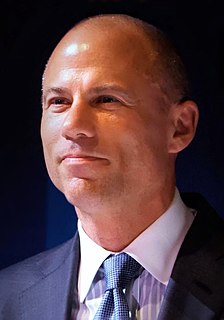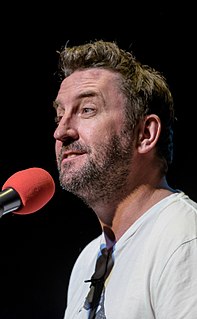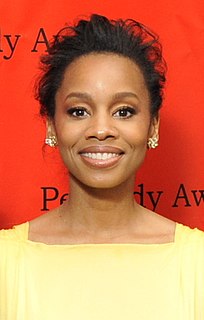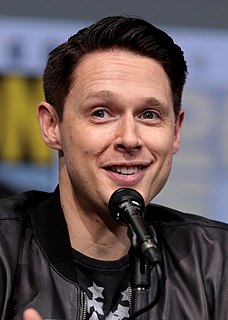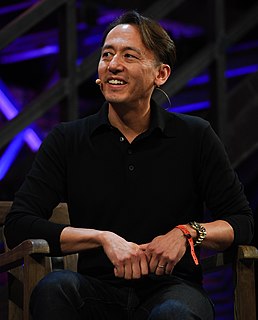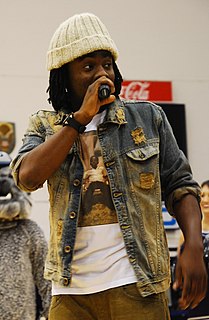A Quote by Lawrence O'Donnell
If a website has something I should know, somebody is spinning it around Twitter and I'll see it there. Before I would look at Huffington Post and Slate every day, now I follow them on Twitter.
Related Quotes
I just got on Twitter because there was some MTV film blog that quoted me on something really innocuous that I supposedly said on Twitter before I was even on Twitter. So then I had to get on Twitter to say: 'This is me. I'm on Twitter. If there's somebody else saying that they're me on Twitter, they're not.'
'The Washington Post' doesn't have to report on what I post on Twitter. CNN doesn't have to report on what I post on Twitter. All kinds of media outlets - they don't have to report on anything that I post on Twitter. Just like they don't have to report on all kinds of other things that other people post on Twitter.
I'm not on Twitter for abuse. I don't think anyone's gotten on Twitter so that they can be abused, but people do go on Twitter to abuse people. When that becomes clear then Twitter has a moral duty to shut those people down when they see that somebody is there solely for the purpose of abusing others. Yeah you have free speech, but what you don't have is the right to wield your speech like a cudgel to somebody who has done nothing to earn it.
I felt like if I said something positive on Twitter, it got no play. But if I said something negative on Twitter, it was a billion retweets and so that was giving me a Pavlovian response to be mean, and I don't want to be mean. We all have mean thoughts. They should not be broadcast on Twitter. You don't need to see mean things.
The nice thing about twitter is the architecture of visibility. Email is invisible unless you reach out to someone directly. With Twitter, anyone can follow you and this is one of the big changes that was really introduced by Flickr, was this wonderful idea that you can follow somebody without their permission. Recognizing that relationships are asymmetrical, unlike facebook where we have to acknowledge each other otherwise we can’t see each other.
If you say interesting stuff on twitter, people will follow you there. I think Jim Caruso, from MediaFirst, does this well. He’s been at every single technology event I’ve ever attended in Atlanta for the last 10 years. He knows what’s going on. He’s a technology geek at heart... And he’s on twitter, tweeting about local startups, global technology news, and of course, his own clients. I follow him on twitter.
I think if you look down the road for Twitter, we would like to be a company - a service - that is used by billions of people around the world in every country in the world because we feel that the power of Twitter is that it brings people closer to each other, to their governments, to their heroes, etc.


